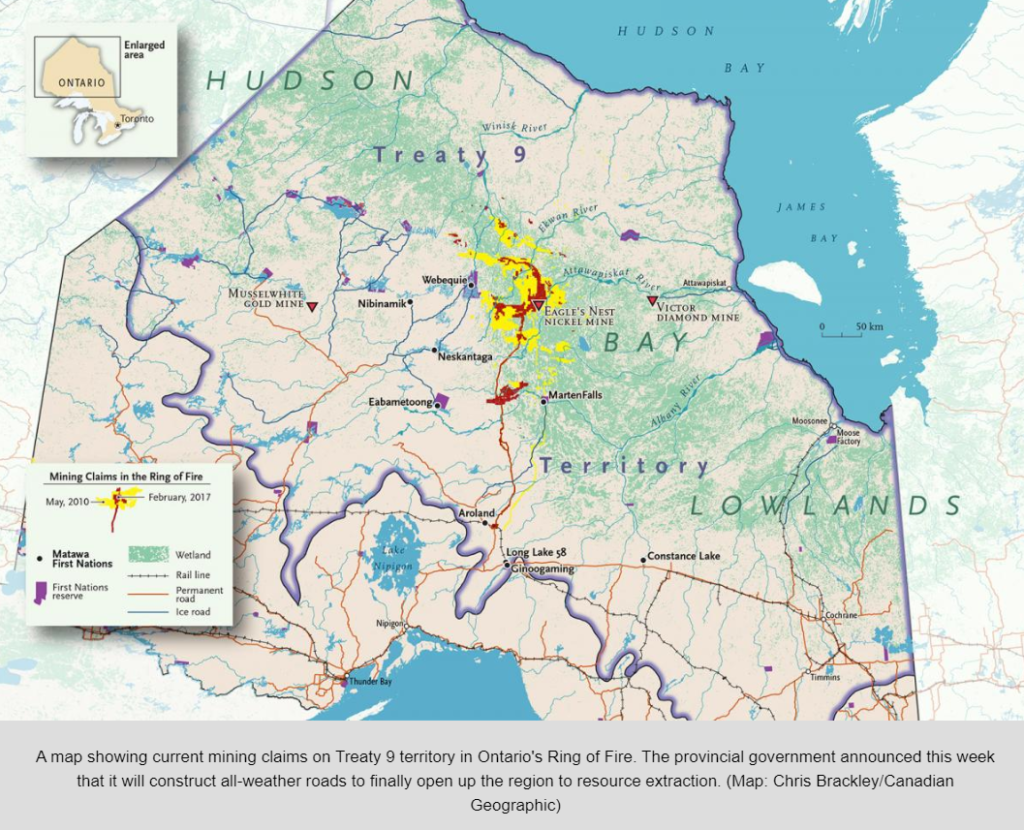Andrew Forrest’s private resources company Wyloo Metals has launched a third bid for Canadian nickel hopeful Noront Resources, after talks between Wyloo and rival bidder BHP failed to reach a compromise.
Wyloo has lifted its bid to $C1.10 a share, 47 per cent above the C75¢ bid BHP made in October. alks between BHP and Wyloo, which has a 37.2 per cent stake in Noront, had been running for about a month. Head of Wyloo Metals, Luca Giacovazzi, described the discussions as constructive but ultimately unsuccessful.
























